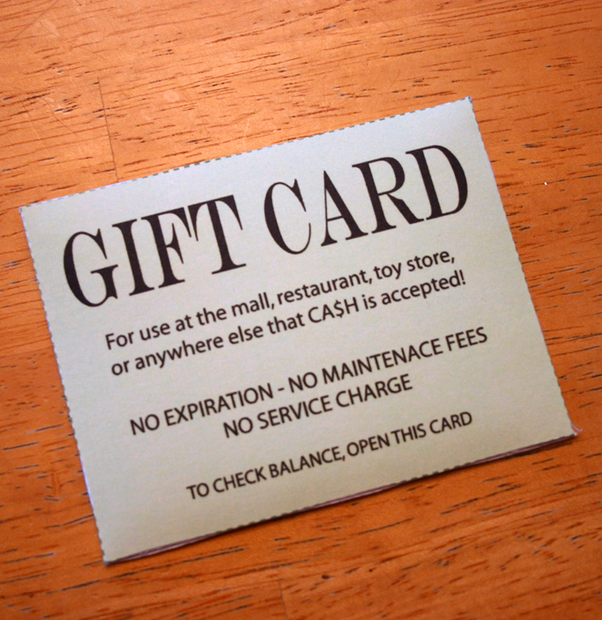Gift cards have become a favourite option for those who want to give their recipients freedom of choice. These small plastic or digital tokens hold actual value and come with certain protections many people aren’t aware of. A gift card is a prepaid card filled with money that can be used for purchases at designated retailers. Like debit cards, they function similarly to cards but are limited to particular stores or groups.
A gift card can be purchased in physical or digital format, which is gaining popularity for its convenience and immediate delivery. The gift card market has grown substantially over the past decade, spending billions of dollars annually. This growth has led to increased attention from lawmakers who recognized the need to protect consumers who purchase or receive these monetary instruments.
Federal protections that safeguard your investment
Through the Credit CARD Act of 2009, there are federal protections for gift card holders that all issuers must follow. These regulations were designed to stop unfair practices that previously diminished the value of gift cards without adequate notice to consumers. Under federal law, gift cards cannot expire for at least five years from activation. This gives recipients ample time to use their cards without worrying about losing value due to arbitrary expiration dates.
Fees and limitations to watch for
While federal law provides significant protections, there are some fees and limitations that gift card issuers can legally impose. For instance, inactivity fees can be charged only if the card has been inactive for at least 12 months. These fees must be disclosed before purchase. Some states have enacted additional laws that further limit or prohibit such fees. For detailed information on state laws affecting your gift cards, visit www.giftcardmall.com/mygift, and consider reaching out to your local consumer protection office for the most up-to-date guidelines.
Lost or stolen cards, your options
If your gift card is lost or stolen, your rights largely depend on whether you have proof of purchase and whether the card was registered. Some gift card issuers offer registration options that can help protect your balance if the card is lost. Many companies will freeze the balance and issue a replacement card for registered cards. Without registration or proof of purchase, recovering lost or stolen gift cards is difficult, though not always impossible.
Bankruptcy and store closings
When retailers file for bankruptcy or close their stores, gift card holders often wonder what happens to the value of their cards. Your rights in these situations depend on the type of bankruptcy filed and the decisions of bankruptcy courts. In Chapter 11 reorganizations, businesses typically continue to honour gift cards. Businesses must honour gift cards despite financial difficulties or set aside funds for gift card redemption.
Taking action if your rights are violated
If you believe a business has violated your gift card rights, you have several options for seeking a resolution:
- Contact the gift card issuer directly
- Contact your state’s attorney general to file a complaint
- Complain to the Consumer Financial Protection Bureau
- Consider small claims court for significant amounts
Most issues can be resolved directly with the gift card issuer, especially if you reference the specific laws that protect your rights. As with any financial instrument, awareness of your protections makes you a more informed consumer and reduces the chance of disappointment when using your gift card for purchases you genuinely want.


